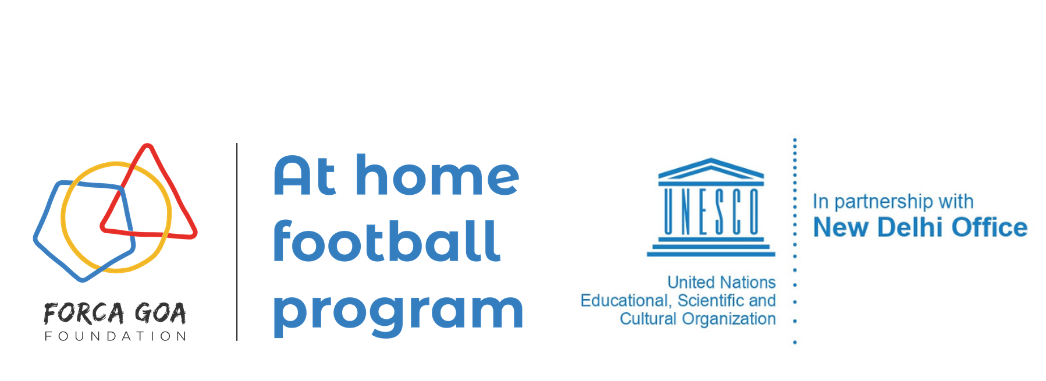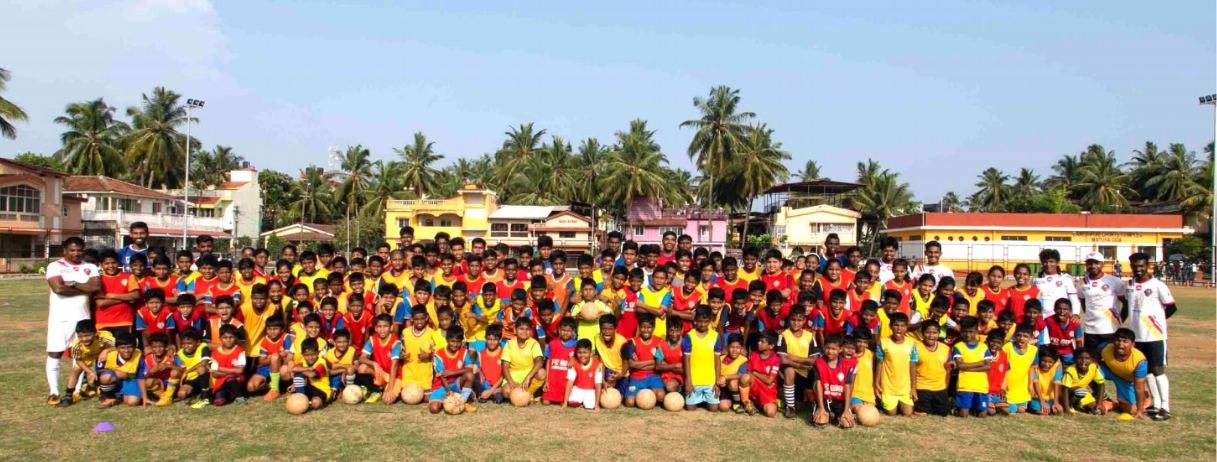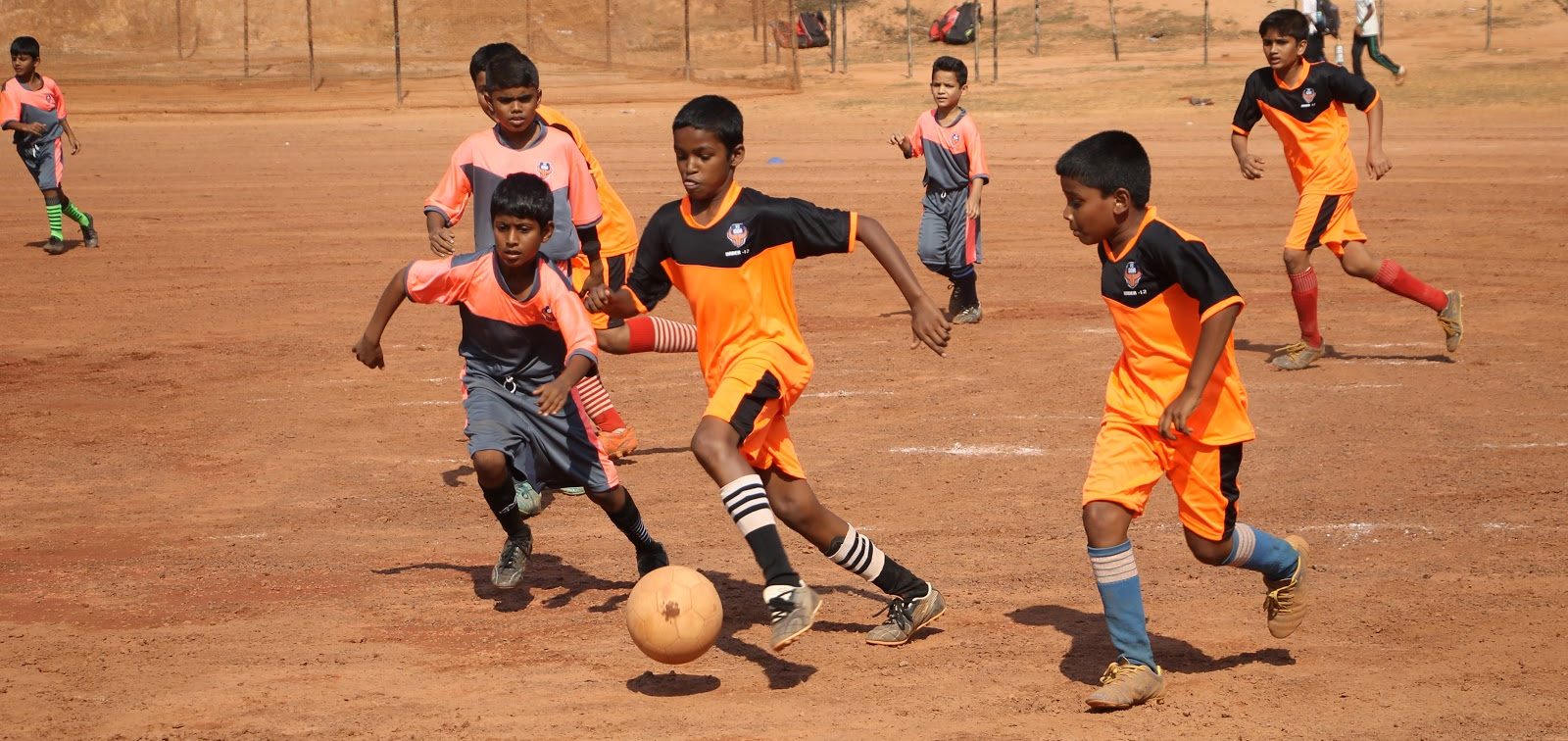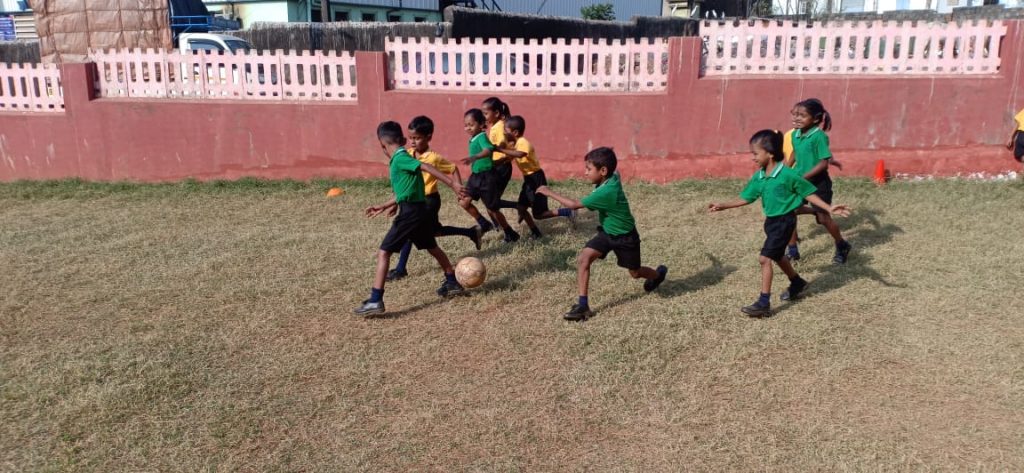According to UEFA, “Grassroots football is football played by the masses at a level where participation and a love of the game are the driving forces”. For the Foundation, grassroots football means organised football for children under the age of 12 – where the young players grow up playing the game locally as well as regularly, in a safe and inclusive environment.
It is widely known that the best time for children to start playing football is between the ages of 3-5. Let’s take a deeper look at why starting at such a tender age is important. When children start playing from a young age, they start with exploring the game without the guidelines and the rules. They learn to move with a ball with their feet and develop their balance while doing so.
It quickly becomes a second nature for them to have a ball at their feet. Something which tends to be advantageous in their future as football players. This is because ball coordination skills are the stepping stone to becoming a good player. The earlier a player knows the basics, the more time he/she can spend in learning and mastering new and more complex skills.
We asked the coaches who fielded teams in the Little Gaurs League for their views on children starting young. “I strongly believe we should start training children starting at the age of 5 and build a strong base so that children can grow with the game and develop their footballing skills as best as possible”, says Gajanand Kauthankar, Coach Green Meadow School Goa and Green Meadow School United teams.
David Navein. R, coach of Play Goa also feels that sowing the seed of football at a young age and regular training can be beneficial for a child’s future as a football player.
Furthermore, the amount of hours that children put into practice by the time they are playing as teenagers gives them the ability and confidence to execute moves intuitively. As the players become habituated to move with a ball at their feet, they can learn to focus on gameplay and strategic aspects enabling them to be completely aware of the game, their opponents’ weaknesses as well as their teammates’ strengths.
India is one of the youngest countries in the world. In the 2011 census, the percentage of children under 14 years of age was 29.5%. According to a study done in 2016, only half of the children and youth in India indulge in some sort of physical activity on a daily basis. The others lead a sedentary lifestyle, spending a lot of time watching TV or playing video games, not knowing the importance of physical well-being. There is a very small percentage of children and youth who regularly play football.
The reason behind this gap is the lack of a footballing culture throughout the country. As former Spain midfielder, Luis García pointed out – “India’s sporting culture needs to be changed in order to improve the standard of the game in the country”. And the best way to build this culture is through regular football programmes starting with children. Indian football requires players who watch the game and play the sport from the early stages of their life.
We as a nation do not lack talent when it comes to football, but in order for India to showcase its footballing strength, we need to focus on developing the game at the grassroots.





